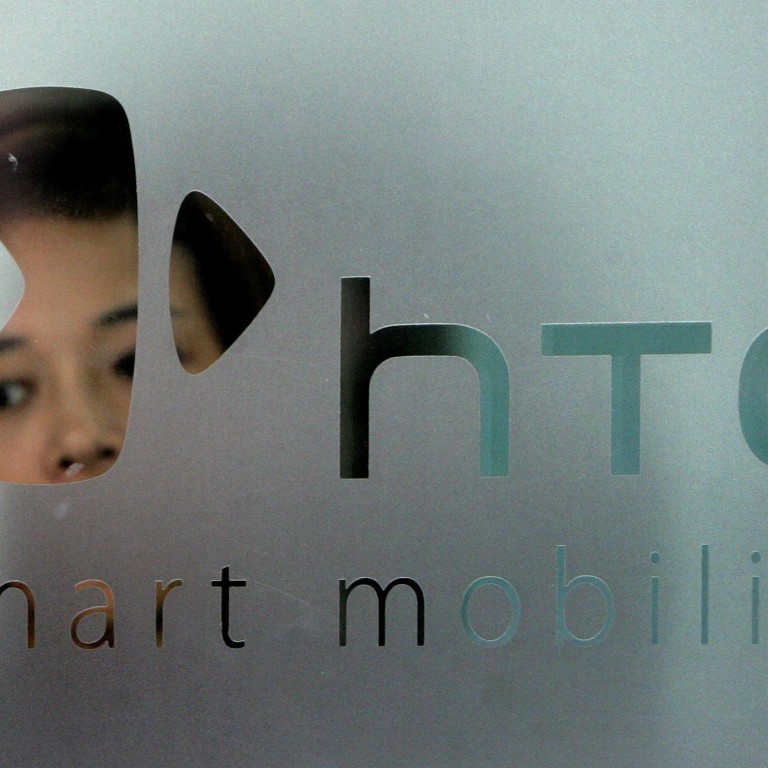
HTC turns to cheaper phones for sales boost
Taiwanese firm hopes to reverse a two-year slump by expanding its product range and improving marketing for premium smartphones
Smarting from growing losses, Taiwanese phone maker HTC says it will expand its range of cheaper products as it fixes off-target marketing for its premium smartphones.
The company, which has long prided itself as a purveyor of upscale, feature-loaded products, says it needs to sell more mid-tier and affordable smartphones after losing out last year.
Muscled off-track by fast-growing Chinese rivals such as Xiaomi and giants like Samsung Electronics and Apple, HTC is seeking to reverse a two-year sales slump matched by an 80 per cent drop in its share price.
"The problem with us last year was we only concentrated on our flagship. We missed a huge chunk of the mid-tier market," co-founder and chairwoman Cher Wang said alongside chief financial officer Chang Chia-lin.
Speaking before an HTC earnings guidance presentation, Chang said the firm would sell products in the US$150 to US$300 retail price range for emerging and developed markets, along with high-end phones, which can sell for more than US$600.
HTC would not get into the "very, very low-end market", Chang said, but would soon unveil a new flagship phone.
"The two cylinders are going to be fired together," Chang said.
The new strategy marks a need to address problems at a company, 3.8 per cent owned by Wang, that just over two years ago supplied one in every 10 smartphones sold around the world.
Last year, HTC's global market share fell to just 2 per cent, said Strategy Analytics analyst Neil Mawston, and last month reported its second consecutive quarter of operating losses.
The firm will need to move quickly to convince sceptical shareholders.
Laura Chen, an analyst at BNP Paribas, said: "Only time will tell, but I'm not optimistic."
Chen believes the company's fundamental problem is its unattractive, underwhelming products, and that this will continue to hold it back this year.
Wang aims to boost smartphone sales this year by improving marketing, something she said her company "didn't do well" last year.
While the flagship HTC One phone it launched last year attracted rave reviews, these did not translate to strong sales. HTC needed a "very aggressive campaign" to broaden its market beyond tech-savvy 20- to 30-year-olds, the executives said.
They said higher volumes of cheaper phones should make up for the difference in price with its higher-end phones.
"Overall profitability is going to grow," said Wang.
Along with an improvement in the mid-tier, HTC is also hoping for incremental growth in the high-end phone market this year. The executives said invitations would be sent out in about two weeks for an event where it would announce the successor to the HTC One flagship phone.
While HTC recalibrates, Wang said the company would not return to its roots as a contract manufacturer supplying phones for others. "We're not even considering that," she said. The only manufacturing partnerships HTC will consider are ones where its brand features on the phone alongside that of a partner such as a mobile carrier.

